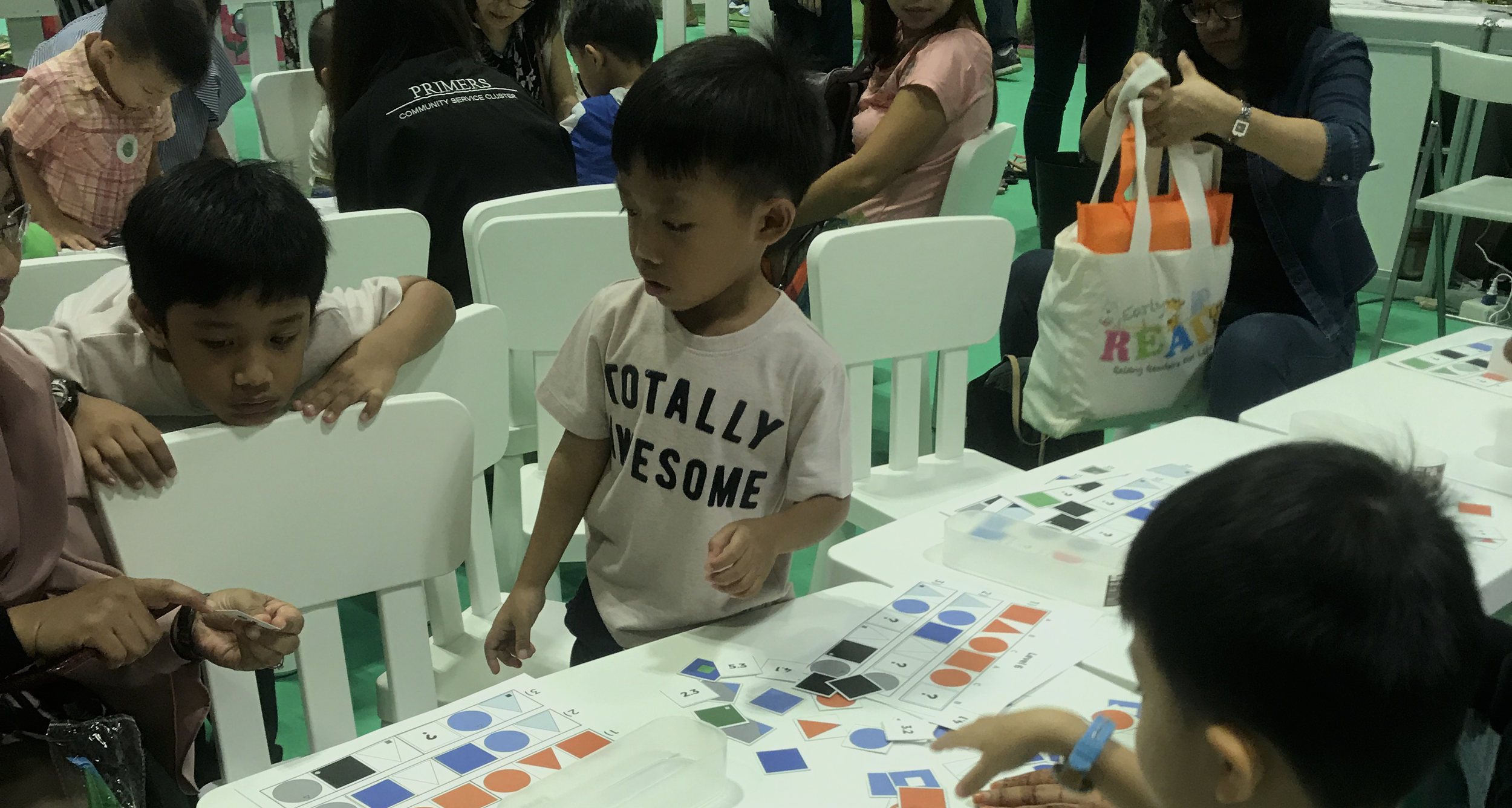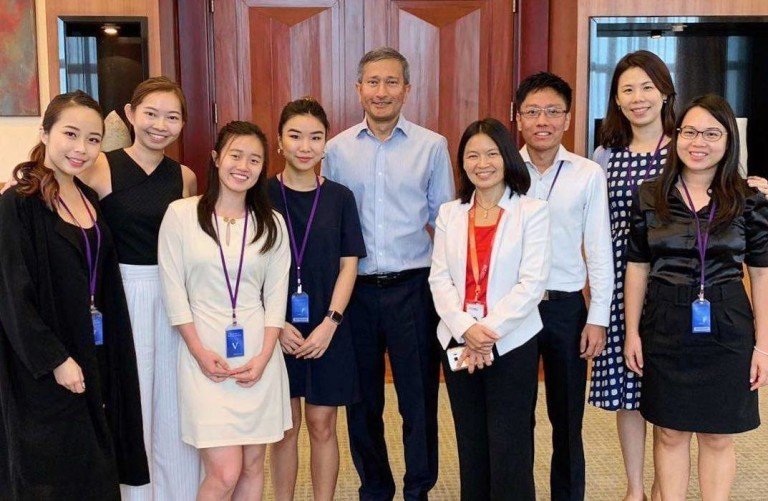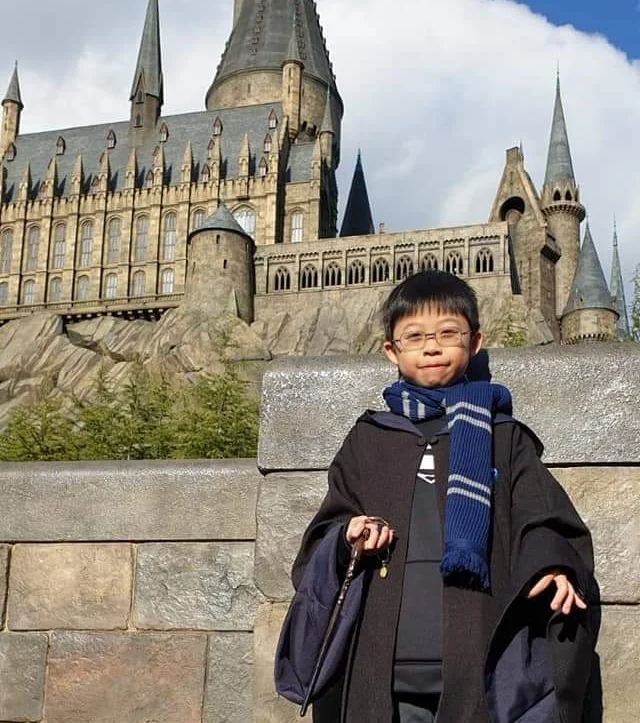Features
If you would like to contribute an op-ed piece, do reach out to us!
In today's episode, hear more about how we worked to spread the word about the importance of Computational Thinking, and how age and tools present no barriers to learning! We are grateful to be invited down to the Early Childhood Conference (ECC) 2019 and get the opportunity to highlight how Computational Thinking can be taught through simple everyday activities.
Last month, we were grateful to have the opportunity to meet with Minister Vivian Balakrishnan. It was a honour to be recognised and praised for our team’s hard work and efforts to make Computational Thinking accessible for everyone!
On this special edition, expect to hear valuable advice from the mama that does it all- Candice, and her adorable 6-year old daughter! As the co-founder of Coding Lab, Candice juggles between her passion for Computational Thinking and her two lovely children, Audrey and Mitchell. Instead of struggling to find a balance between work and home, she has successfully integrated Computational Thinking into her children’s everyday lives. What better way to learn about this subject than hearing it from this power mother-daughter duo themselves?
Let’s hear it from Yong, a proud mama of three (all of which are experts in Computational Thinking). We’re glad to hear that this useful skill set, besides benefiting her children’s lives, is also a topic for them over dinner and helps them to bond and spend quality time together.
Although all four of her children were officially diagnosed with ASD, Michelle was intent on leveraging on the benefits of technology for her children. Christian, the eldest of her kids, found his passion for programming through this avenue. In this unique feature, we ask him about his journey and some of the difficulties he faced.
Trixie is only three years old this year, but she is able to help the older kids in her class with their homework in Computational Thinking classes. All thanks to her mother, Joy, who is also a coding tutor, she is exposed early to Computational Thinking and this has done her lots of good.
In the present age, children are born into a wealth of information, and have access to technologies that were thought impossible just a decade ago. Simply being literate is no longer enough. These days, it’s all about being digitally literate — learning how to create solutions that are appropriate for the digital age.








Who else would be more passionate about spreading our mission than the Tiny Thinkers team? Get to know us better and read more about what we have done during the second run of Tiny Thinkers!